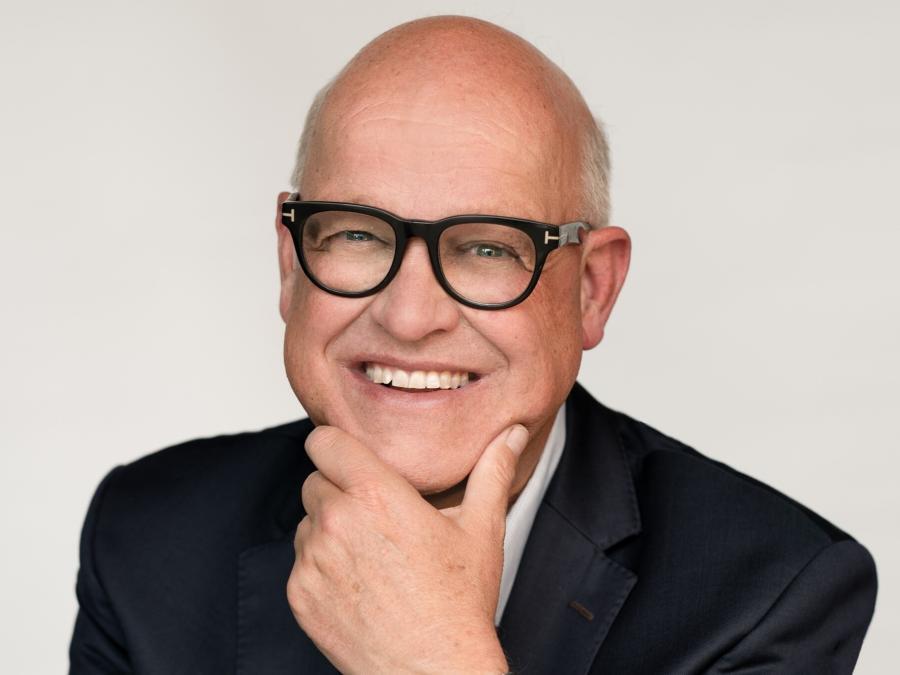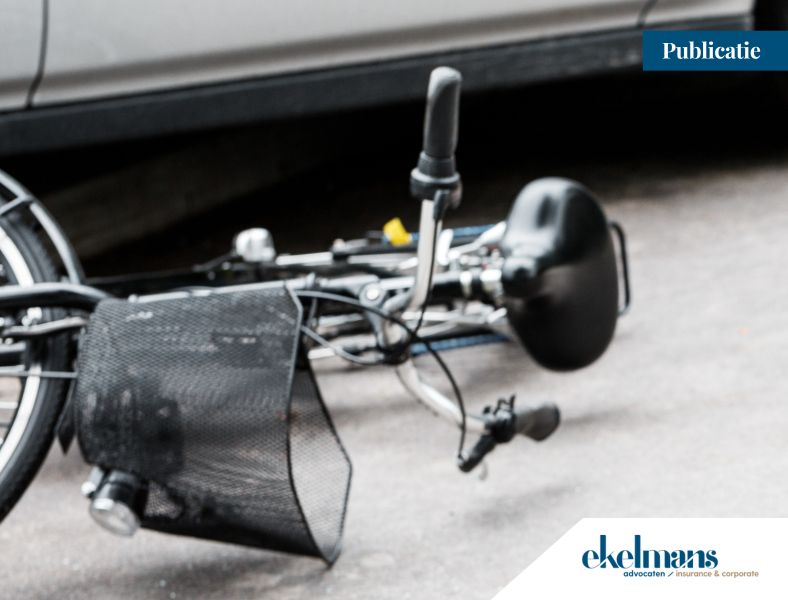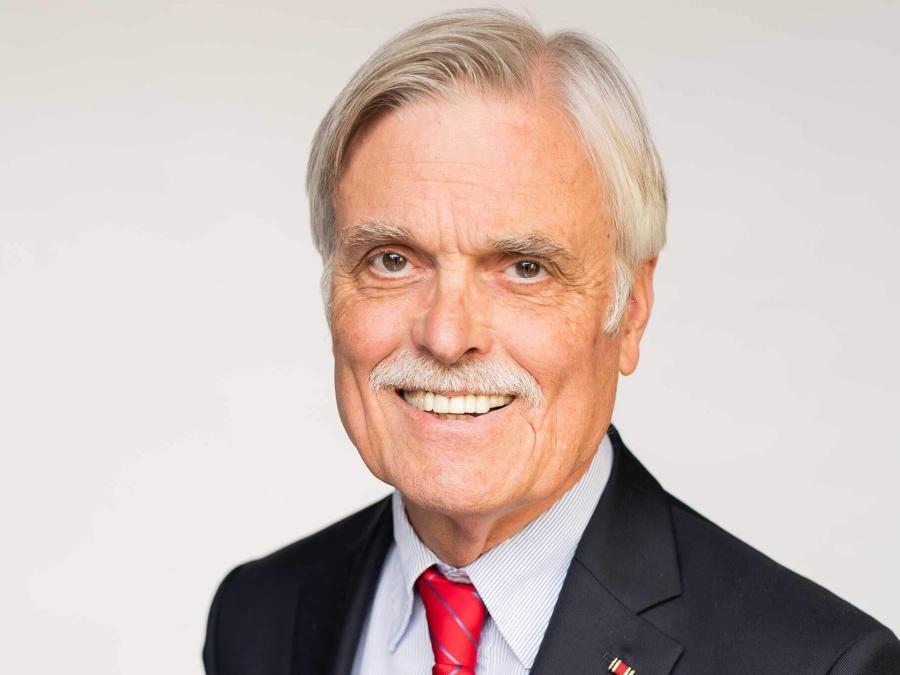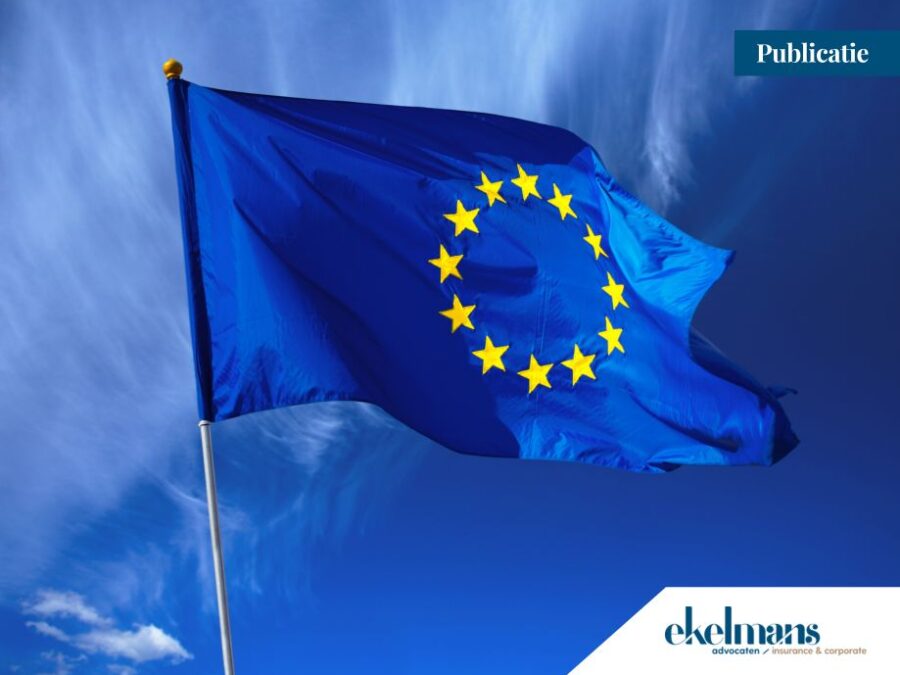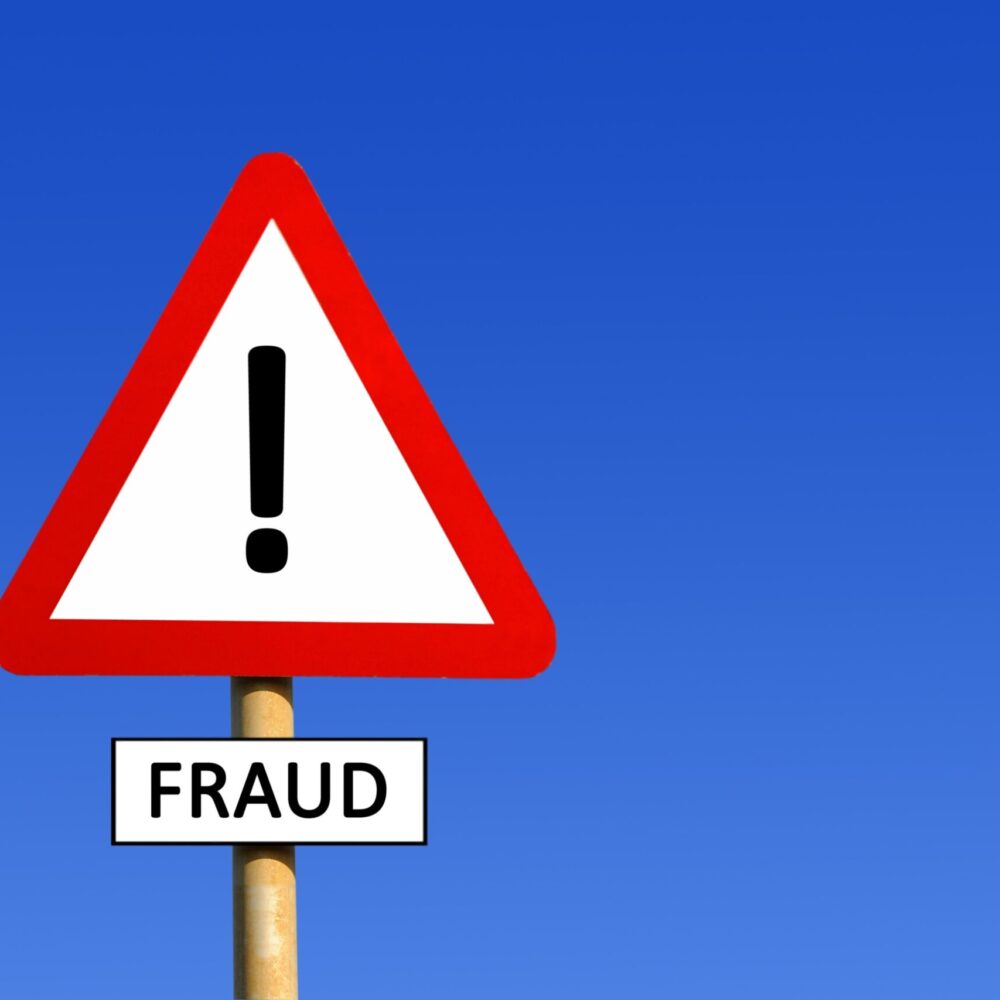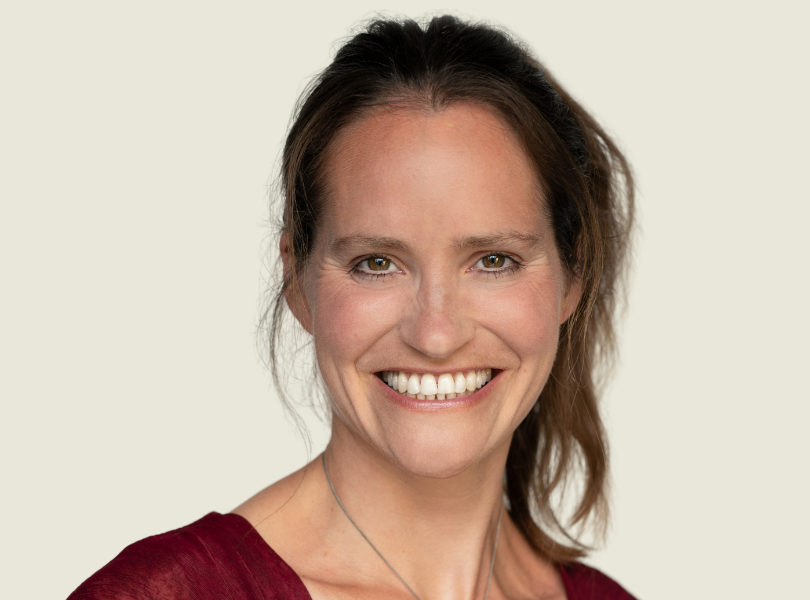In a recent case,[1] the Dutch Supreme Court handed down a judgement regarding a liability claim on behalf of an infant against his father for bodily harm caused as a result of “shaken baby syndrome”.
The claimant was severely shaken by his father as a baby. As a result he suffered severe physical injuries. The father was prosecuted for attempted manslaughter, aggravated assault and causing severe physical injuries due to fault. In appeal the father was only convicted for causing severe physical injuries due to fault. The court of appeal concluded that there was no evidence for (conditional) criminal intent as required for a conviction on the count of attempted manslaughter and/or aggravated assault. However, the court did find that the father had been significantly careless. Furthermore, the court ruled that it is common knowledge that severely shaking a baby can lead to serious injuries, hence the conviction for causing severe physical injury. The court also took in account that the father has severely diminished capacity – and thus diminished responsibility – due to Asperger’s syndrome.
The father and his liability insurer are sued in civil court for damages suffered by the son.[2] The case against the father is straightforward but without insurance coverage it is unlikely the damages can be recovered. The insurer denies coverage based on the exclusion for expected or intended injury by the insured. The clause states:
“The liability of an insured person for damage caused by and / or resulting from his / her intentional and unlawful act against an individual or object is not covered.”
The lower courts
The liability insurer argues that the required intent refers to the unlawful. In this case, the “unlawful action” is the shaking of the baby. It’s not in question that the father intentionally shaked his son. Whether he intended the consequences as they occurred is therefore not relevant.
Both the court of first instance and the appeal court reject this view. Decisive in their ruling is the fact that in the criminal case the court ruled that the father did not act with intent or conditional intent but that he was (merely) significantly careless. In both instances the courts rule that the exclusion for expected or intended injury only applies to intent or conditional intent. According to the Court of Appeal neither the wording of the clause nor the explanatory notes provided by the Union of Insurers (Verbond van Verzekeraars) at the time of the introduction of the clause, support the view of the liability insurer.
The Supreme Court
The Supreme Court first determines that provisions such as the one in contention are (usually) not negotiated by the parties to the contract of insurance. Therefore, the provision should be interpreted relying on (mostly) objective factors such as the wording of the provision itself, placed in the context of the applicable terms and conditions as a whole and in accordance with the explanatory notes (if there are any).
Applying this standard, the Supreme Court finds that the insurer rightly argues that the wording of the clause stipulate that the required intent refers to the unlawful action and not whether the occurrence of the consequences were intended. However, the Supreme Court also notes that the examples set out in the explanatory notes, illustrate that in practice it can be difficult to distinguish between intent regarding the (unlawful) action and intent regarding the occurrence of the consequences of the action. Considering that the provision in question is widely used in Dutch general liability policies, the Supreme Court finds it prudent to offer the following viewpoints how to distinguish between the two.
The Supreme Court notes that injuries and/or damages of a kind and seriousness on which the intent of the insured was not aimed, can fall under the exclusion of expected or intended injury. This is the case if, taking the nature of the conduct and the circumstances under which it was carried out in consideration, the actual injuries or damages to property can be regarded, according to objective standards, as an expected or normal consequence of the relevant conduct. In such a case, it must be assumed that the behaviour of the insured person was aimed at causing the actual injuries or property damage, even if this type or severity of injury or property damage was not intended by the insured.
On the other hand, it cannot be said that the action of the insured was aimed at the occurrence of injury or property damage of a kind or seriousness which, according to objective standards, cannot be regarded as an expected or normal consequence of the conduct in question.
So the Supreme Court comes to the interim conclusion that in principle, the exclusion for expected or intended injury is applicable in case of a deliberate and unlawful conduct on the part of the insured that is objectively aimed at causing injury or property damage, and in which the injuries actually caused or the loss of property by objective standards can be regarded as an expected or normal consequence of the conduct in question.
Based on the finding of the lower courts – that it is common knowledge that the severe shaking of babies can lead to serious injury – this does not bode well for the claimant.
However, the Supreme Court then considers the pivotal social (public) function of the general liability insurance regarding the protection it offers victims; without insurance coverage the damages are usually unrecoverable and victims would remain empty handed. The Supreme Court emphasizes that the goal of protection of victims is expressly mentioned in the explanatory notes provided by the Union of Insurers. However the explanatory notes also state explicitly that it is highly undesirable that criminal behaviour is covered under the general liability insurance policy. The Supreme Court concludes that the explanatory notes thus require the balancing of these two conflicting principles in a tailored approach in order to reach “reasonable and socially acceptable results”.
This leads the Supreme Court to consider that even in cases where prima facie the exclusion for expected or intended injury clause seems applicable, the clause can be set aside due to the special circumstances of the case in order to reach “reasonable and socially acceptable results”. The special circumstances to be taken in to account are (amongst others):
(i) the nature of the unlawful conduct of the insured;
(ii) the circumstances in which it was performed;
(iii) the extent to which the insured can be blamed for his conduct or other subjective circumstances on his part;
(iv) and the nature and seriousness of the harmful consequences;
(v) as well as the scope and social significance of the general liability insurance.
In the end, the Supreme Court rules in favour of the claimant. It finds that in itself the shaking of the baby is deliberate behaviour, which was directed against a person with the expected consequence severe physical injuries. So the application of the exclusion for expected or intended injuries clause seems indicated. On the other hand the Supreme Court notes that, according to the appeal court findings, the father only had the intention to stop the baby’s crying and did not realize the improper or unlawful nature of his actions. Furthermore, the Supreme Court finds it relevant that the father has severely reduced accountability due to Asperger Syndrome. These circumstances – seen in the light of the social function of the general liability insurance –, lead the Supreme Court to conclude that the expected or intended injury exclusion in this particular case must remain inapplicable.
The Supreme Court thus comes to its desired reasonable and socially acceptable result. In doing so, the Supreme Court opens the door to new procedures to test the boundaries of the special circumstances exception on the applicability of the clause. Presumably other victims of criminal behaviour who, in the absence of coverage under a general liability insurance cannot (fully) recover their substantial damages, will try to rely on this case to try and circumvent the expected or intended injuries exclusion.
It will be interesting to see if the Union of Insurers will try to rephrase the clause and/or the explanatory notes to try to counter the victim-friendly interpretation favoured by the Supreme Court.
[1] Dutch Supreme Court, 13 April 2018, ECLI:NL:HR:2018:601
[2] Under Dutch law, a liability insurer can be sued directly by the victim in case of bodily injury.
Bron: Insurance Law Global



